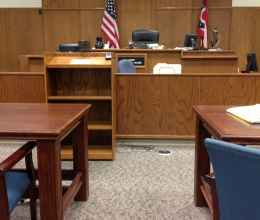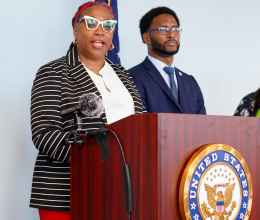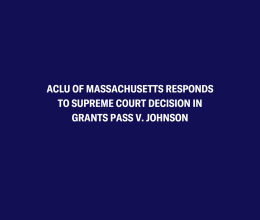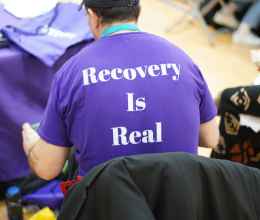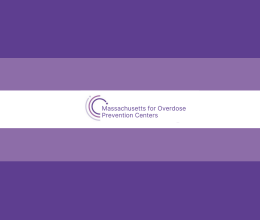If you want to know whether your case was affected by the Hinton drug lab scandal involving former chemist Annie Dookhan, you can learn about your rights by calling the Dookhan Case Hotline, staffed by the Committee for Public Counsel Services, at 888-999-2881. It's open Monday through Friday from 9:30 a.m. to 5:00 p.m.
UPDATE APRIL 19, 2017: After years of litigation and advocacy from the ACLU of Massachusetts, the national ACLU, the state public defender's office and law firm Fick & Marx LLP, 21,587 drug cases tainted in the Hinton lab scandal involving Annie Dookhan have been dismissed. View the order confirming the dismissal of thousands of wrongful convictions.
This is historic: It is likely the single largest dismissal of wrongful convictions in the nation's history.
Another scandal, involving the Amherst Lab and former chemist Sonja Farak, looms over Massachusetts. There is still no complete list of cases tainted by this scandal. Learn about our lawsuit, Committee for Public Counsel Services v. Attorney General, in which we, along with the Committee for Public Counsel Services (CPCS) and law firm Fick & Marx LLP, are urging the Massachusetts Supreme Judicial Court to dismiss every case in which Farak was the state’s chemist. The petition calls for the dismissals due not only to Farak’s wrongdoing but also the Attorney General’s misconduct after they withheld information about the scope of the scandal.
For years, state drug lab chemist Annie Dookhan was allowed to falsify and fabricate evidence, causing tens of thousands of people to be convicted of drug crimes based on tainted evidence and fraud.
The ACLU of Massachusetts, the national ACLU and the law firm Foley Hoag LLP filed Bridgeman v. District Attorney for Suffolk County on behalf of three petitioners who had been convicted of state drug charges in cases where Dookhan was the chemist. We secured an important victory in May 2015, when the Supreme Judicial Court ruled that defendants in Dookhan cases could challenge their convictions without fear of being saddled with a harsher sentence than they initially received.
In the fall of 2016, the case returned to the SJC to determine whether – five years after Dookhan was removed from her duties because of misconduct was uncovered – more than 24,000 defendants still living with the consequences of their tainted convictions should have these convictions vacated or whether the cases will be subjected to a court-imposed deadline.
Recognizing that individual litigation of 24,391 cases would be untenable, the SJC will consider whether a comprehensive solution to these cases is warranted. The ACLU was joined by the Committee for Public Counsel Services (CPCS), which had warned the Court since 2013 that a case-by-case approach to resolving tainted Dookhan cases would be disastrous.
In September 2016, the ACLU of Massachusetts, the national ACLU, the state public defender agency (CPCS), and the law firm Fick & Marx LLP filed a brief urging the SJC to vacate the cases. The brief shows why it is impossible to resolve the Dookhan debacle through case-by-case litigation. The cases must be dismissed.
In November 2016, ACLU of Massachusetts legal director Matthew Segal and CPCS attorney Benjamin Keehn argued before the Supreme Judicial Court, regarding whether the Court would dismiss all 24,391 cases (or at least subject them to some kind of time limit).
Click here for a timeline of the drug lab scandal and litigation.
Photo by Joe Spurr/WBUR.
